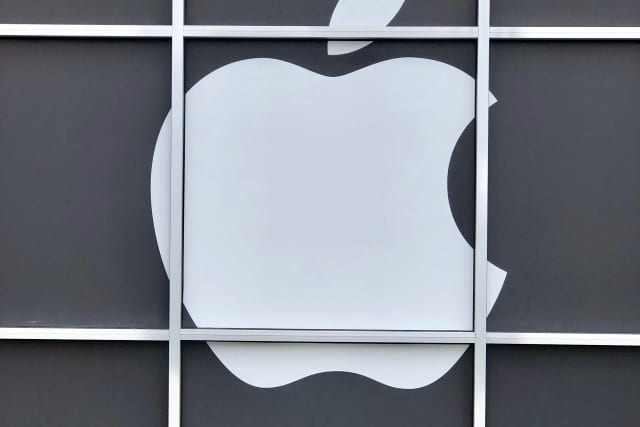Apple is still trying to avoid paying a $14 billion tax bill in Europe

Apple is fighting in Europe's General Court to avoid paying $14 billion (€13 billion) in back taxes after an EU ruling back in 2016.
The iPhone-maker is one of many multi-national companies who have taken advantage of tax benefits in Ireland -- so-called "sweetheart deals" that the country offers to large companies and which the European Commission deemed illegal. Apple told Europe's second-highest court that the hefty tax bill "defies reality and common sense".
See also:
- Apple disputes Goldman Sachs' negative analysis of Apple TV+
- Streaming video service Apple TV+ is coming in November
- Apple's new iPhone 11, 11 Pro and 11 Pro Max are (mostly) all about the cameras
The tax incentives offered by the Irish government to attract investment by large companies have been the subject of great interest for some time. The special arrangements made available are the reason there are so many international companies with headquarters in the country.
The €13 billion is a record-setting tax bill, and Apple is understandably keen on avoiding paying it if at all possible -- despite having very deep pockets. This is why the company is seeking to have the 2016 ruling overturned, with its argument focusing on the assertion that the European Commission's original case against it was flawed.
As reported by Reuters, Lawyer for Apple, Daniel Beard, said that "the Commission contends that essentially all of Apple's profits from all of its sales outside the Americas must be attributed to two branches in Ireland". He pointed to the fact that the iPhone, the iPad, the App Store, other Apple products and services were developed in the United States rather than Ireland.
Beard went on to say:
The branches' activities did not involve creating, developing or managing those rights. Based on the facts of this case, the primary line defies reality and common sense. The activities of these two branches in Ireland simply could not be responsible for generating almost all of Apple's profits outside the Americas.
The Commission says that Apple's argument that its intellectual property activities take place in the US is both "perfectly correct" and "perfectly irrelevant".
There are due to be two days of hearings, and the court is expected to arrive at a decision in the coming months. However, an appeal is likely, whatever the outcome, so there are probably several years of back and forth still to come.
Image credit: Lori Butcher / Shutterstock
